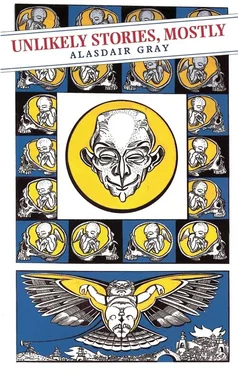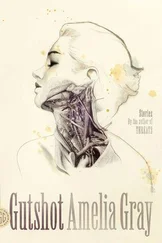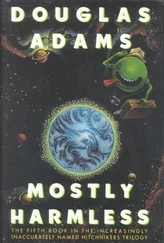A child’s yellow clogs cracked by the horses hooves .
A land weeps for the head city, lopped by sabre, cracked by hooves ,
The houses ash, the people meat for crows .
A week ago wind rustled dust in the empty market .
“ Starve” said the moving dust, “Beg. Rebel. Starve. Beg. Rebel .”
We do not do such things. We are peaceful people .
We have food for six more days, let us wait .
The emperor will accommodate us, underground .
It is sad to be unnecessary .
All the bright mothers, strong fathers, raffish aunts ,
Lost sisters and brothers, all the rude servants
Are honoured guests of the emperor, underground .
We sit in the tomb now. The door is closed, the only light is the red glow from the chef’s charcoal stove. My entourage dreamily puff their pipes, the doctor’s fingers sift the dried herbs, the secretary is ending my last letter. We are tired and happy. The emperor said I could write what I liked. Will my poem be broadcast? No. If that happened the common people would rise and destroy that evil little puppet and all the cunning, straightfaced, pompous men who use him. Nobody will read my words but a passing gardener, perhaps, who will paint them out to stop them reaching the emperor’s ear. But I have at last made the poem I was made to make. I lie down to sleep in perfect satisfaction.
Goodbye. I still love you
Your son , Bohu.
DICTATED SOMETIME SHORTLY BEFORE THE LAST DAY OF THE OLD CALENDAR.

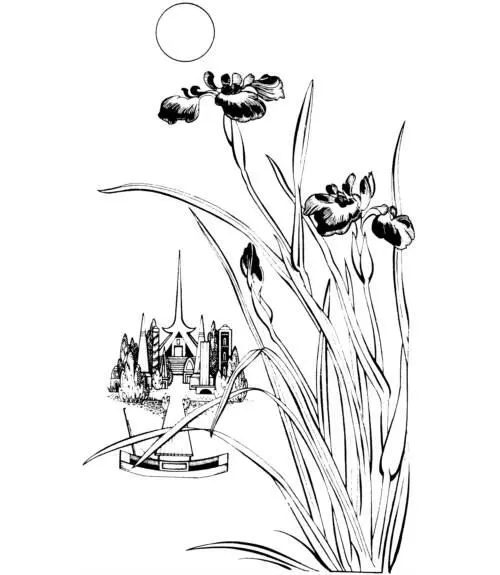
LAST LETTER
A CRITICAL APPRECIATION OF THE POEM BY THE LATE TRAGEDIAN BOHU ENTITLED
THE EMPEROR’S INJUSTICE
DELIVERED
TO THE IMPERIAL COLLEGE OF HEADMASTERS, NEW PALACE UNIVERSITY
My Dear Colleagues, This is exactly the poem we require. Our patience in waiting for it till the last possible moment has been rewarded. The work is shorter than we expected, but that makes distribution easier. It had a starkness unusual in government poetry, but this starkness satisfies the nation’s need much more than the work we hoped for. With a single tiny change the poem can be used at once. I know some of my colleagues will raise objections, but I will answer these in the course of my appreciation.
A noble spirit of pity blows through this poem like a warm wind. The destroyed people are not mocked and calumniated, we identify with them, and the third line:
A land cries for the head city, lopped by sabre, cracked by hooves , invites the whole empire to mourn. But does this wind of pity fan the flames of political protest? No. It presses the mind of the reader inexorably toward nothing , toward death. This is clearly shown in the poem’s treatment of rebellion:
“ Starve,” said the moving dust, “Beg. Rebel.
Starve. Beg. Rebel .”
We do not do such things. We are peaceful people.
We have food for six more days, let us wait .
The poem assumes that a modern population will find the prospect of destruction by their own government less alarming than action against it. The truth of this is shown in today’s police report from the old capital. It describes crowds of people muttering at street corners and completely uncertain of what action to take. They have a little food left. They fear the worst, yet hope, if they stay docile, the emperor will not destroy them immediately. This state of things was described by Bohu yesterday in the belief that it had happened a fortnight ago! A poet’s intuitive grasp of reality was never more clearly demonstrated.
At this point the headmaster of civil peace will remind me that the job of the poem is not to describe reality but to encourage our friends, frighten our enemies, and reconcile the middling people to the destruction of the old capital. The headmaster of moral philosophy will also remind me of our decision that people will most readily accept the destruction of the old capital if we accuse it of rebellion. That was certainly the main idea in the original order-to-write, but I would remind the college of what we had to do to the poet who obeyed that order. Tohu knew exactly what we wanted and gave it to us. His poem described the emperor as wise, witty, venerable, patient, loving and omnipotent. He described the citizens of the old capital as stupid, childish, greedy, absurd, yet inspired by a vast communal lunacy which endangered the empire. He obediently wrote a popular melodrama which could not convince a single intelligent man and would only over-excite stupid ones, who are fascinated by criminal lunatics who attack the established order.
The problem is this. If we describe the people we kill as dangerous rebels they look glamorous; if we describe them as weak and silly we seem unjust. Tohu could not solve that problem. Bohu has done with startling simplicity.
He presents the destruction as a simple, stunning, inevitable fact. The child, mother and common people in the poem exist passively, doing nothing but weep, gossip, and wait. The active agents of hoof, sabre, and (by extension) crow, belong to the emperor, who is named at the end of the middle verse:
The emperor will accommodate us, underground . and at the end of the last:
Bright mothers, strong fathers … all the rude servants
Are honoured guests of the emperor, underground . Consider the weight this poem gives to our immortal emperor! He is not described or analysed, he is presented as a final, competent, all-embracing force, as unarguable as the weather, as inevitable as death. This is how all governments should appear to people who are not in them.
To sum up, THE EMPEROR’S INJUSTICE will delight our friends, depress our enemies, and fill middling people with nameless awe. The only change required is the elimination of the first syllable in the last word of the title. I advise that the poem be sent today to every village, town and city in the land. At the same time Fieldmarshal Ko should be ordered to destroy the old capital. When the poem appears over doors of public buildings the readers will read of an event which is occurring simultaneously. In this way the literary and military sides of the attack will reinforce each other with unusual thoroughness. Fieldmarshal Ko should take special care that the poet’s parents do not escape the general massacre, as a rumour to that effect will lessen the poignancy of the official biography, which I will complete in the coming year.
I remain your affectionate colleague , Gigadib ,
Headmaster of modern and classical literature .
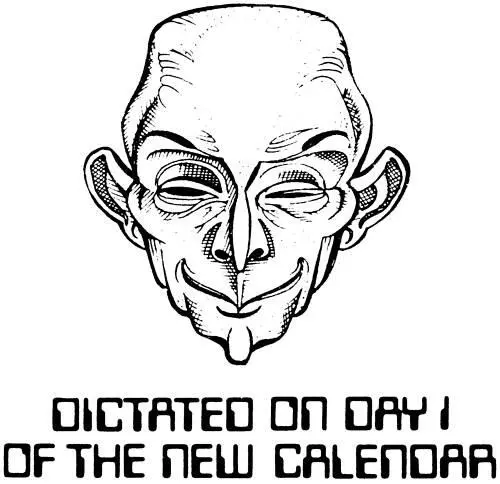
The
Secret and Apcryphal Diurnal
of
SIR THOMAS URQUHART OF CROMARTIE Knight
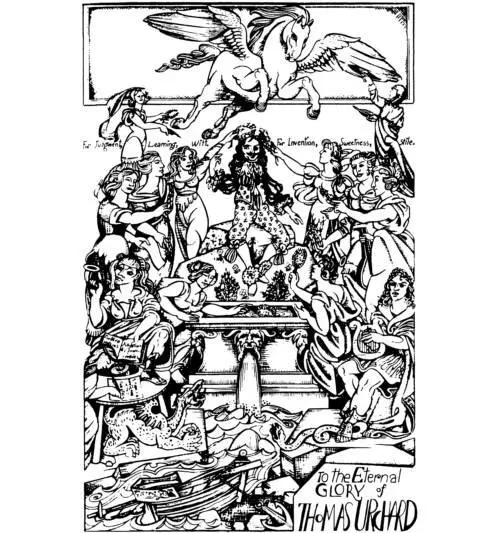
Recently Discovered and Published
Against the Author’s Expressed Will & Command
for the
Instruction and Reformation
of the
Brittanic League of Commonwealths;
Читать дальше
